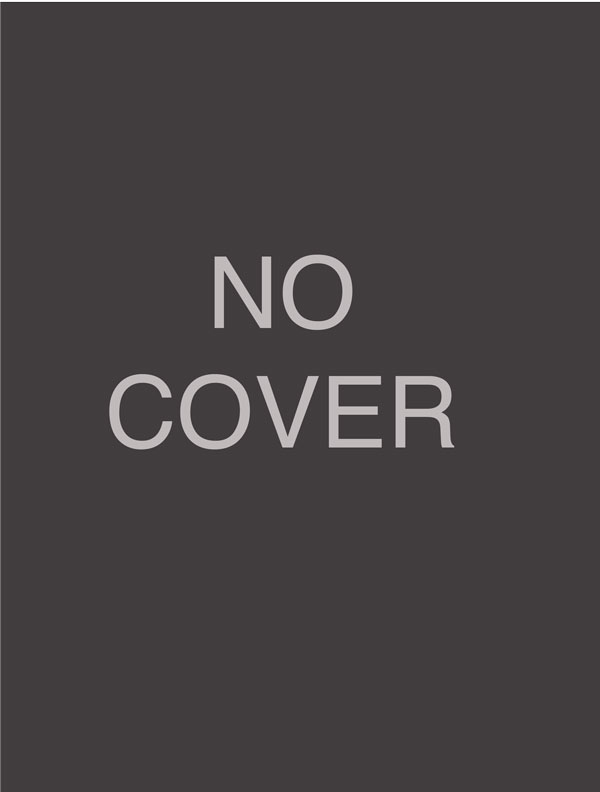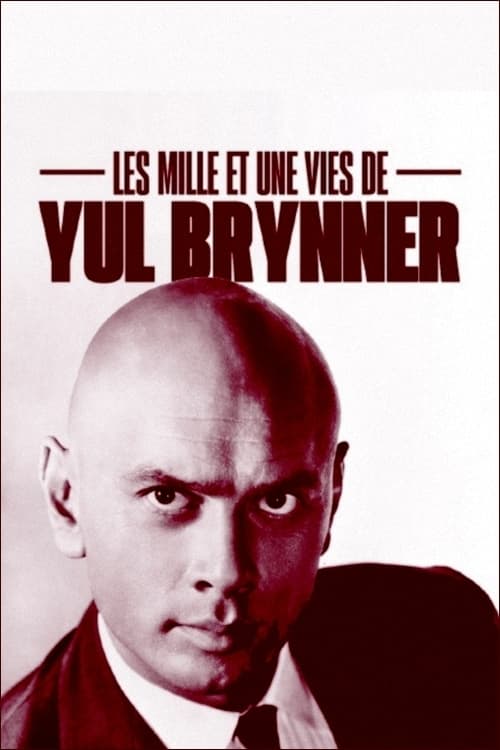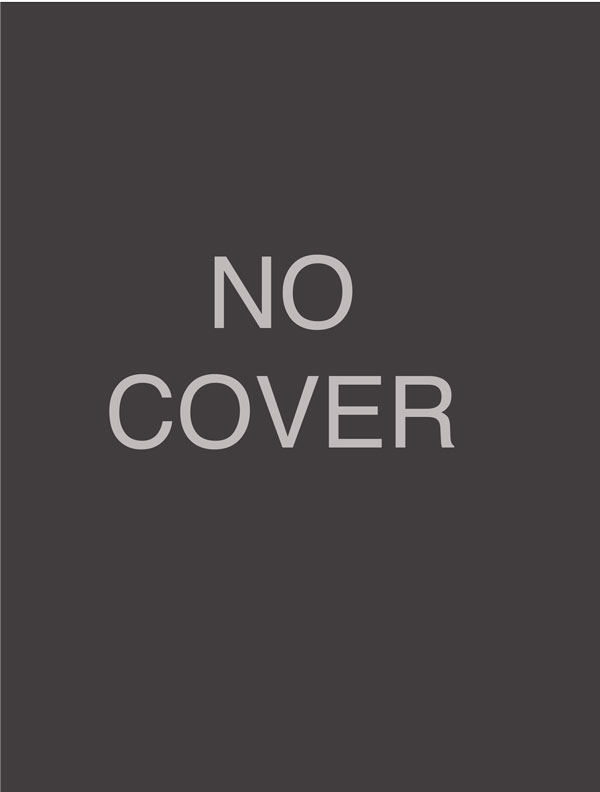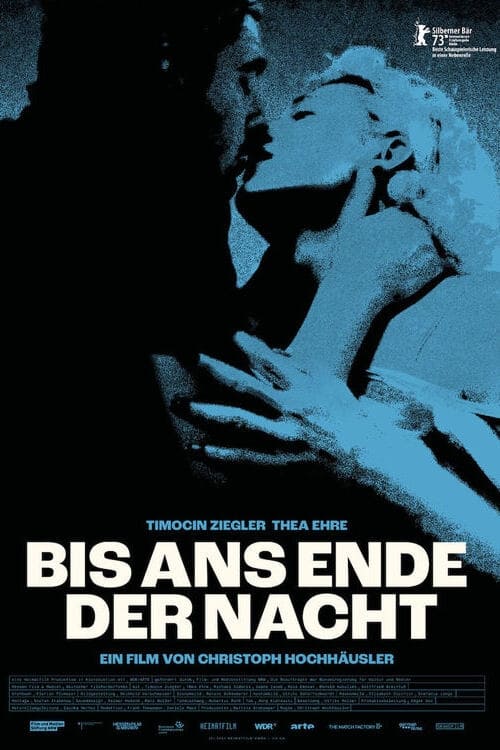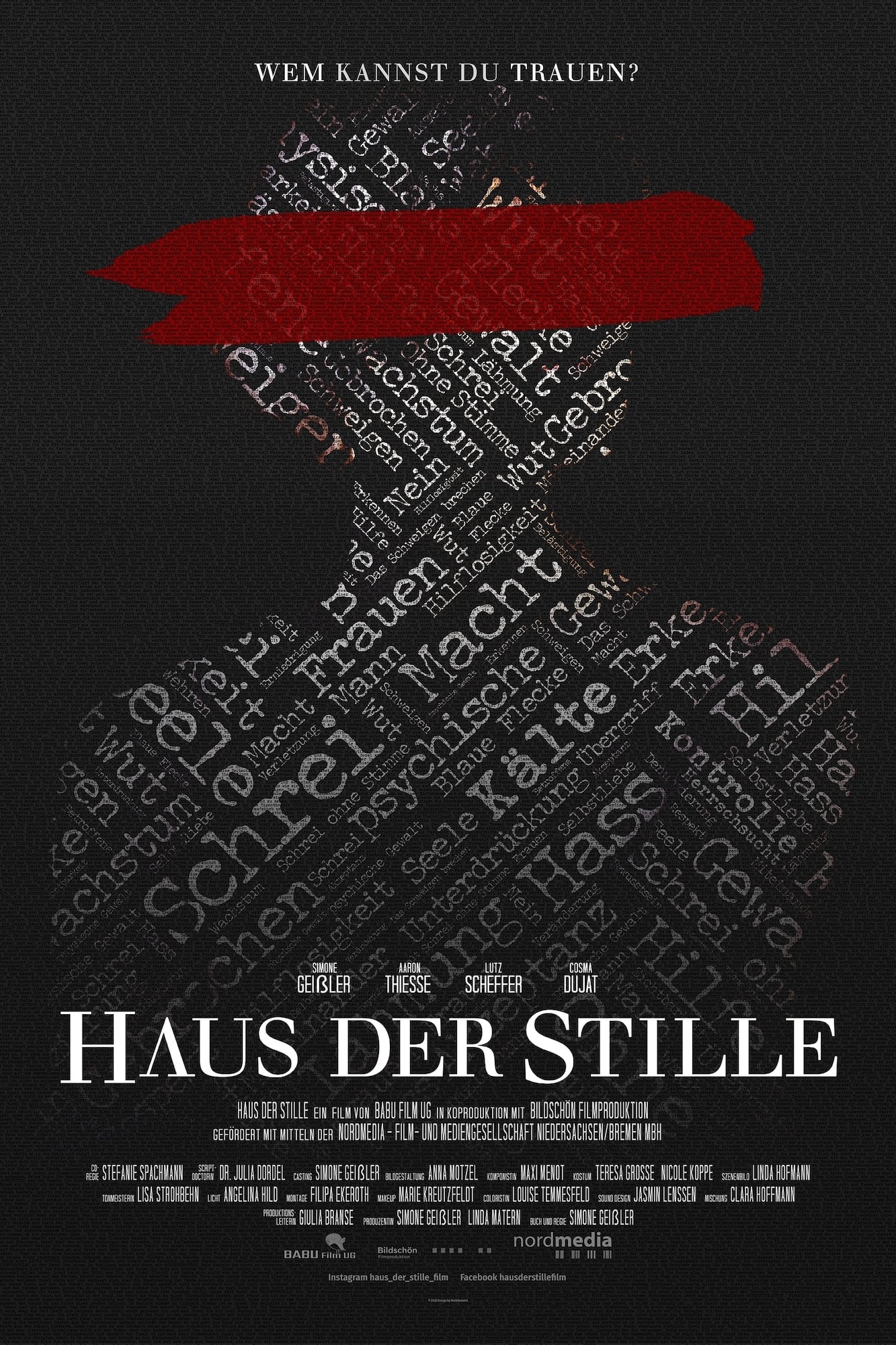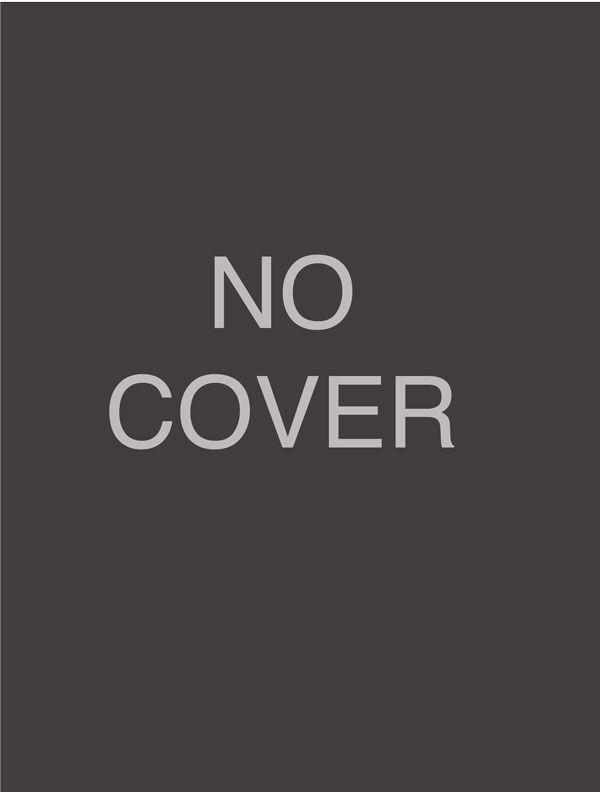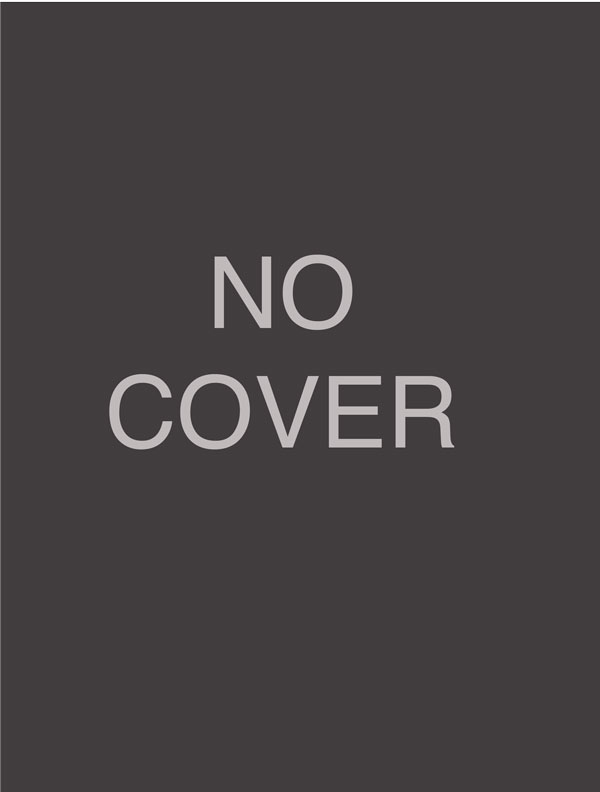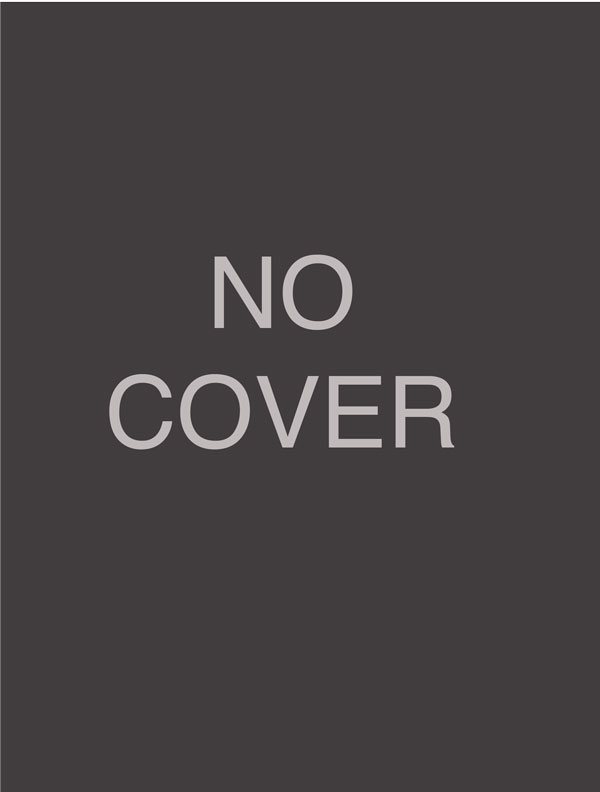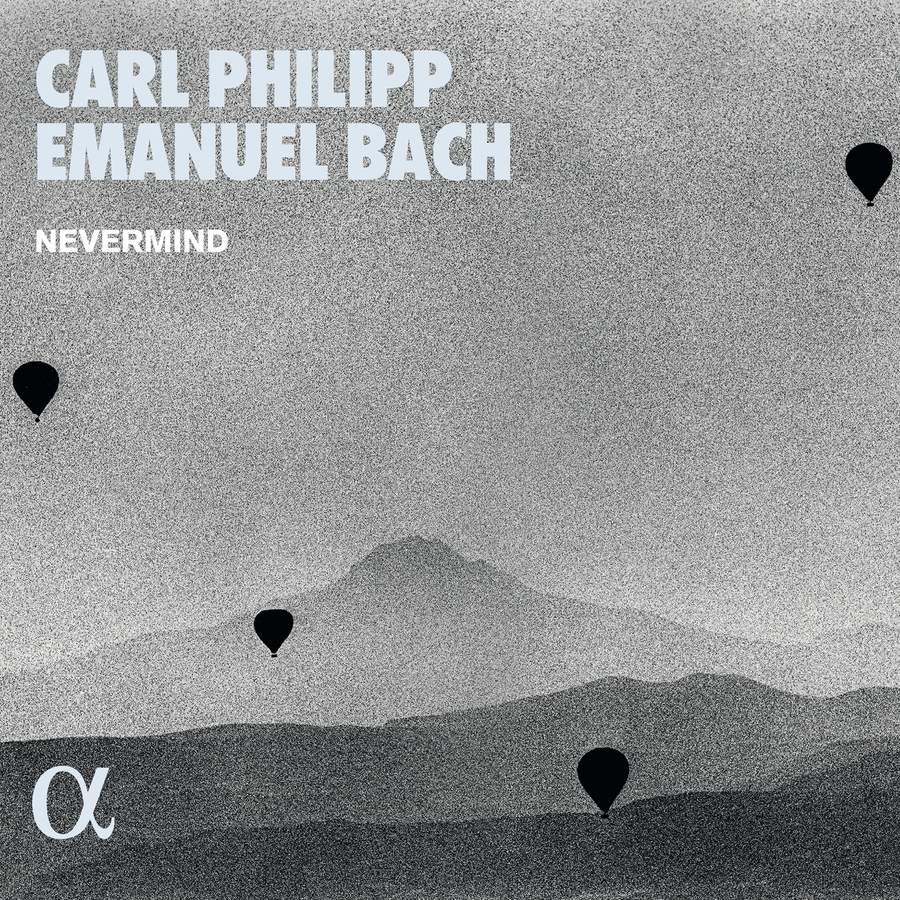
Nevermind – Carl Philipp Emanuel Bach (2021)
FLAC (tracks) 24bit/96kHz | Time – 57:21 minutes | 1,09 GB | Genre: Classical
Studio Masters, Official Digital Download | Front Cover | © Alpha Classics
For their third album on Alpha, the musicians of Nevermind – Anna Besson (flute), Louis Creac’h (viola), Robin Pharo (viola da gamba) and Jean Rondeau (harpsichord) – explore the riches of a little-played repertory, the quartets and sonatas of Carl Philipp Emanuel Bach. It was in 1788, the year of his death, that Emanuel composed his three quartets for keyboard, flute and viola. These astonishing works were commissioned by a talented lady musician living in Berlin, where J. S. Bach’s second son had begun his career. That post, however, had not yet allowed him fully to emancipate his compositional talent: his relations with King Frederick II were stormy, since the latter sought to promote the style galant, while the young virtuoso keyboardist advocated a more emotional and tormented musical idiom, oriented towards Empfindsamkeit. It was only in Hamburg, where he succeeded his godfather Telemann, that he was finally able to reveal the full extent of his avant-gardism.
It’s to Johann Sebastian Bach’s wild-child second son, Carl Philipp Emmanuel Bach, that Nevermind – flautist Anna Besson, harpsichordist Jean Rondeau, viola da gamba Robin Pharo and viola player Louis Creac’h – have turned for their recording with Alpha Classics; and while there already exist some eminently classy recordings of this repertoire (including from the likes of keyboardists Andreas Staier and Christopher Hogwood and their respective friends), these new readings can stand as tall alongside them as you’d expect from four musicians representing some of the cream of the younger generation’s early music specialists.
Carl Philipp’s three Quartets were composed during 1788, the last year of his life, for Sara Itzig-Levy, a Berlin salon owner and keyboard virtuoso who was the favourite pupil of Carl Philipp’s older brother Wilhelm Friedemann, and later Felix Mendelssohn’s great aunt. She and Carl Philipp would have met during his years at the Berlin court of Frederick the Great, where on the one hand he found himself at the centre of one of eighteenth-century Europe’s most cosmopolitan and artistically exciting hubs, but on the other hand was forced to check his personal leanings towards the turbulent “Empfindsamkeit” style (a forerunner of “Sturm und Drang”) in favour of the more conservative galant style beloved of flute-playing Frederick. It was therefore with relief that in 1768 he was able to take up Hamburg’s Director of Music post, and finally begin to compose with more freedom. Yet Itzig-Levy was clearly a contact worth hanging on to.
So back to the Quartets – which owe their distinctive timbres to the unusual presence of a viola – and these are meticulously and lovingly scored works, full of the quirky changes of melodic, harmonic and emotional direction that you also hear in his Hamburg Concertos and Symphonies, and clearly penned for connoisseur keyboardist ears that had no desire to play safe. Listen for instance to the keyboard’s unpredictable chromatic wanderings in the G major Quartet’s Adagio.
Nevermind themselves then deliciously pick up on the works’ intricate blend of delicate craftmanship and subversiveness, employing a colouristic palette which milks Bach’s cornucopia of textural and emotional twists and turns to the full. Listen to the G major’s opening Allegretto, where they give us fleet-footedly airy dancing spiced by sudden, isolated, lower-register honks. Or the way Rondeau’s harpsichord flourishes in the A minor’s opening Andantino bring to mind little splashes of sparkling water; followed by a central Largo offering up an entirely different sound world of luxuriously long lines and expansive textures. There’s also the pleasure of their tighter-than-tight chamber partnering: heard, for instance, in that aforementioned A minor Andantino as their imitative lines lightly tumble after each other; and overall through the almost improvisatory quality they often achieve.
A final tribute to Carl Philipp Emanuel Bach’s keyboard writing is the ensemble’s bookending of the Quartets with a pair of deftly worked transcriptions of two of Carl Philipp Emanuel Bach’s keyboard sonata movements. – Charlotte Gardner
Tracklist:
1. Sonata in A Major, Wq. 48/6, H. 29 “Prussian Sonata”: II. Adagio (04:06)
2. Quartet in A Minor, Wq. 93, H. 537: I. Andantino (05:50)
3. Quartet in A Minor, Wq. 93, H. 537: II. Largo e sostenuto (04:43)
4. Quartet in A Minor, Wq. 93, H. 537: III. Allegro assai (05:09)
5. Quartet in D Major, Wq. 94, H. 538: I. Allegretto (05:27)
6. Quartet in D Major, Wq. 94, H. 538: II. Sehr langsam und ausgehalten (03:47)
7. Quartet in D Major, Wq. 94, H. 538: III. Allegro di molto (05:37)
8. Quartet in G Major, Wq. 95, H. 539: I. Allegretto (07:02)
9. Quartet in G Major, Wq. 95, H. 539: II. Adagio (04:19)
10. Quartet in G Major, Wq. 95, H. 539: III. Presto (05:52)
11. Sonata in A Major, Wq. 65/32, H. 135: II. Andante con tenerezza (05:29)
Download:
mqs.link_NevermindCarlPhilippEmanuelBach20212496.part1.rar
mqs.link_NevermindCarlPhilippEmanuelBach20212496.part2.rar
